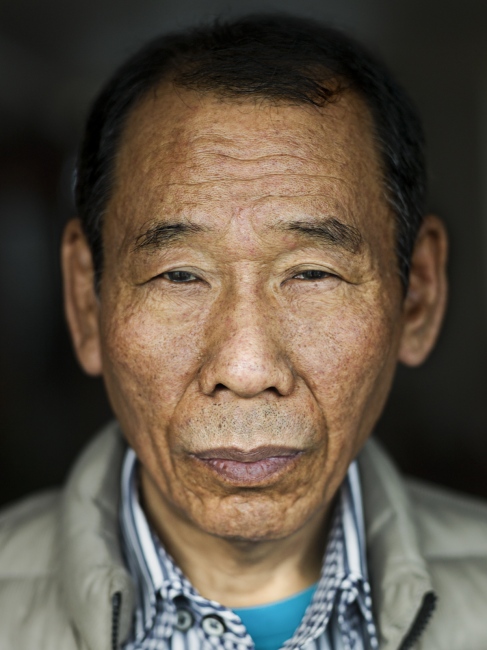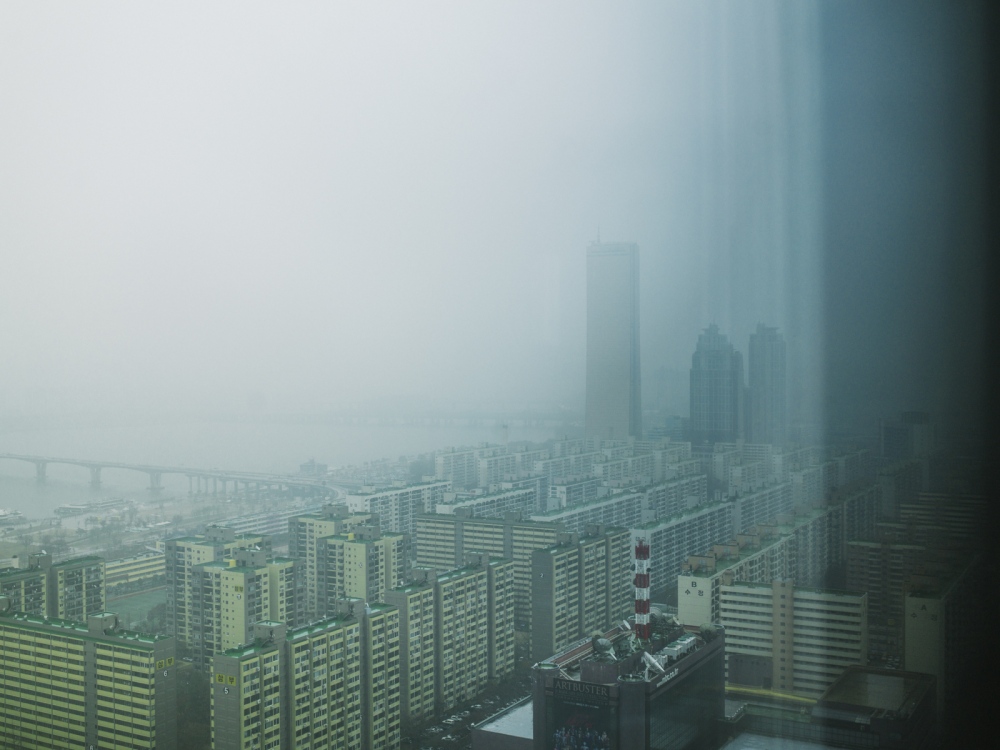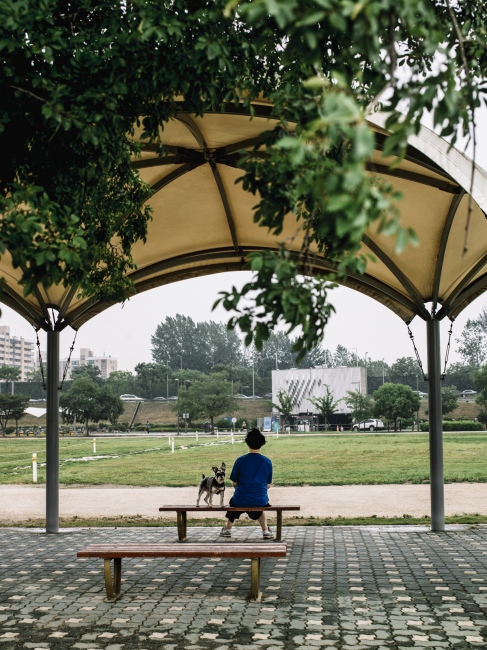More often than not, the use of the land I was born into is already determined, regardless of my will. Even if the land is inherited and is under my ownership, it is still affected by the rules, regulations and legalities around it. Therefore, I would say a land is not owned by me but by history, as the rules, regulations, and legalities are the results of history. Korea, the land that I was born into, is not any different from any other land, except circumstantial differences. The history of land, therefore, is deeply associated with the will that our fathers had. Generally speaking, the space that we stand on, or making our living on, change its function based on the political and/or economic circumstances, and there are specific legalities and customs around the space, which our generation has to follow. Sometimes, there are those who live against such principles, but most people accept them as the guideline to follow. That is the experience for the most of the ordinary people. Korean's obsession with land comes from the specifics of Korean history, and I believe that the big part of the obsession comes from the part of Korea's history as a land that has been looted and plundered.
Living outside Korea for many years has helped me to maintain an objective eye towards the country that I call home. In the past 5,000 years, this land was oppressed by another country, and had a fair share of conflicts due to political and/or religious ideologies that swept across the country. As it is the case with the other small countries, originality is not the strongest suit for Korea, as with the case with many other small countries. Of course, despite the many troubles, Koreans were able to maintain their autonomy, and such struggle is still ongoing, although there have been many changes in the paradigm of conflicts. Either way, it is most certain that Koreans were working hard to maneuver themselves and their land, as well as make dynamic stories as the result of Korea's politico-geographic location in the midst of the strong nations such as China, the U.S., Russia, as well as China. 5,000 years, after all, is not a short period for Koreans to survive.
My father's generation that was born after the Korean War surely has ideas that are very different from our own. While fighting against the hunger and desperation, they worked hard to make the amazing achievement that is called "the miracle of Han River," and filled the land with things. Koreans began building skyscrapers, make convenient and technologically savvy infrastructure, and smart goods and export them to other countries and generate revenue. When the country was so poor, no one instructed them what to do once the country has enough income. The only thing that they could count on was to become like those big, affluent, and strong countries, so that we can enjoy the benefits. However, now that the achievement has been made, what is left with us is nothing but a sense of emptiness. The suicide rate among the elderly is high; and those who should be working hard are looking for jobs; the gap between the haves and have-nots is growing wider; the working conditions for those who hold jobs are abusive; the political environment is unstable; the competitions is fierce in the realm of education; and the overall view towards Korean culture is pessimistic, if not nihilistic"all of these to coin a new derogatory neologism, Hell Chosun, for Korea that refers to the severity of the problems that Koreans are facing. The Confucian principles that were once held up as the pillars of the society are now considered as the remnants of the past, since the development of democracy as well as the economic growth. With such changes in the perspective, our fathers have become to bear the stinky and stubborn images of the past, which generated more hate and disdain for them.
Therefore, the legacies of our fathers may be that our generation begins to fill the land of emptiness with something different, as the land will soon become ours.




























